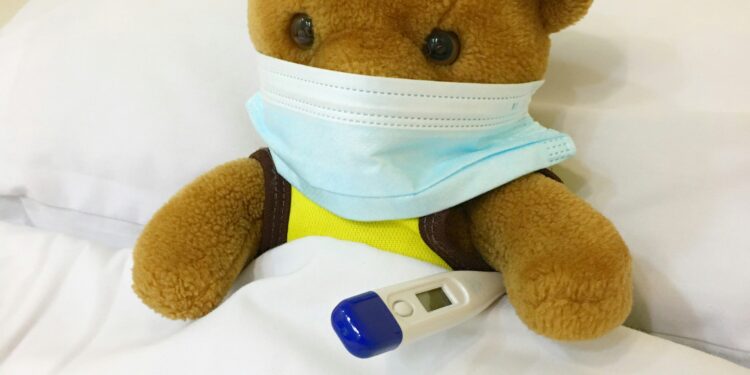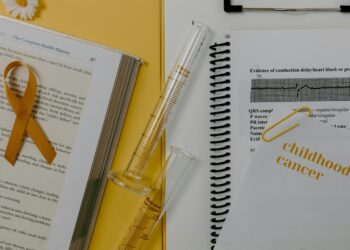In early March 2025, a case of measles in a Dallas-area elementary school seemed like a statistical anomaly—a rare but not unheard-of event in a state that has seen sporadic flare-ups in recent years. By April, however, the anomaly had become a regional crisis. Over 800 confirmed cases have now been reported across Texas, New Mexico, and Oklahoma, making it the largest measles outbreak in the United States in more than thirty years. Three children have died. All were unvaccinated.
At the heart of the crisis is a tension as old as American public health itself: how to balance individual freedoms with collective safety. In Texas, where personal belief exemptions for school immunizations remain legal and culturally embedded, the outbreak has laid bare the cost of permissive vaccine policies. According to the Texas Department of State Health Services, vaccination rates for MMR (measles, mumps, and rubella) have dropped to just 88% in several counties—well below the 95% threshold needed for herd immunity
The Centers for Disease Control and Prevention (CDC) has issued advisories and dispatched teams to support local containment efforts. But in an era where misinformation about vaccines still thrives—particularly on platforms like Telegram, Facebook, and Instagram—public health messaging struggles to compete with viral pseudoscience.
“This outbreak was not unpredictable,” says Dr. Peter Hotez, a vaccine expert and dean at the Baylor College of Medicine. “We’ve seen a steady erosion of trust in immunization, driven by online disinformation campaigns and politicized narratives about medical freedom. Measles is just the first bellwether.”
Indeed, the current situation mirrors a global resurgence of vaccine-preventable diseases. The World Health Organization reported a 79% increase in global measles cases between 2022 and 2023, largely attributable to post-pandemic disruptions in childhood vaccination programs. In the U.S., however, the challenge is not only logistical but ideological.
The modern anti-vaccination movement is less a monolith than a coalition of diverse anxieties: religious liberty, governmental mistrust, internet-driven paranoia, and post-COVID skepticism. As a 2024 Pew Research Center survey found, only 63% of U.S. adults now strongly support mandatory childhood vaccinations—down from 72% in 2019. In states like Texas, where libertarian values often inform public policy, lawmakers have hesitated to impose stricter requirements.
This reluctance may now come at a cost. Schools have been forced to close in several counties, emergency departments are overwhelmed, and epidemiologists warn that neighboring states with similar legal loopholes—such as Arizona and Louisiana—are at elevated risk.
But the political dimension is proving as volatile as the viral one. Texas Governor Laura Molina, a vocal proponent of medical autonomy, has thus far resisted calls for emergency mandates. “We cannot let fear override freedom,” she said at a press conference in Austin last week. Critics were quick to point out that public health, by definition, is a shared responsibility—and that freedom without accountability leads to systemic vulnerability.
There are historical echoes in this moment. The measles vaccine, introduced in 1963, led to a 99% drop in cases by the early 2000s. It was hailed as a triumph of public health infrastructure—accessible, safe, and effective. But the resurgence today reveals what happens when that infrastructure is not only neglected but ideologically contested.
Some public health advocates are calling for federal intervention, including tying immunization compliance to funding for public schools. Others argue for more grassroots efforts: community engagement, trusted messengers, and the amplification of personal stories from those impacted by preventable diseases.
“There is no technological deficit here,” says Dr. Leila Jamison, a pediatrician in Albuquerque. “The vaccine works. What we’re dealing with is a communication failure—and a crisis of public trust.”
As the outbreak unfolds, it reveals a sobering truth: that even in an age of scientific abundance, the social contract underpinning public health can fracture under the weight of misinformation, polarization, and policy inertia.
Measles, a disease once thought to be conquered, has returned not through biological evolution but through civic atrophy. It is a disease that spreads not only through air but through apathy.
Whether the outbreak will galvanize long-term change or merely fade into another cycle of reactive policy remains uncertain. But one lesson is already clear: public health does not sustain itself. It must be actively maintained, defended, and re-earned—often in the midst of its own unraveling.
















